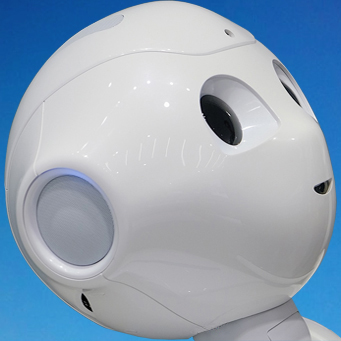
Artificial Intelligence promises to revolutionize many fields, but few as important as healthcare. With the potential to analyze medical imaging faster and more accurately than human beings, the race is on to develop AI that can perform the most time-consuming aspect of radiological interpretation for practitioners. To that end, Nvidia and King’s College London have teamed up to build and train an AI platform to interpret radiological scans for hospitals across the UK.
The idea of using of AI platforms in medical diagnostics and research is still relatively new, and this partnership is the first of its kind looking to develop an AI system intended for the entire UK public health system, the National Health Service (NHS), working across multiple clinical pathways, including oncology, cardiology and neurology, and using data from patients located all over the nation.
Better, more accurate image analysis powered by AI platforms is not just about faster test results for worried patients.
The technology would free up overworked specialists and could also lead to breakthroughs across the medical imaging landscape, from determining the root cause of various cancers to helping classify specific neurological impairments and identifying optimal treatment plans.
At the core of the first stage of the project is the Nvidia DGX-2 system. A GPU-powered, two-petaflops supercomputer, combining 16 interconnected GPUs, which, according to Nvidia, is currently the world’s most powerful AI system. The project will employ the Nvidia Clara AI toolkit, the open-source NiftyNet image-analysis neural-network, and a range of other imaging technologies from existing NHS partners such as Kheiron Medical, Mirada and Scan.
“Together with King’s College London, we’re working to push the envelope in AI for healthcare,” says Jaap Zuiderveld, vice president for Europe, the Middle East and Africa (EMEA) at Nvidia. “DGX-2 systems with the Nvidia Clara platform will enable the project to scale and drive breakthroughs in radiology [and] ultimately help improve patient outcomes within the NHS.”
The joint AI project is part of the London Medical Imaging & Artificial Intelligence Centre for Value-Based Healthcare, which was officially opened in February this year. Established as part of the UK Government’s Industrial Strategy Challenge Fund, the center plans to train AI systems to tackle not only medical imaging information, but broader patient data as well. The hope is use AI to build efficiencies and accuracy for practitioners that will improve speed of diagnosis and appropriateness of care for patients across the UK.
